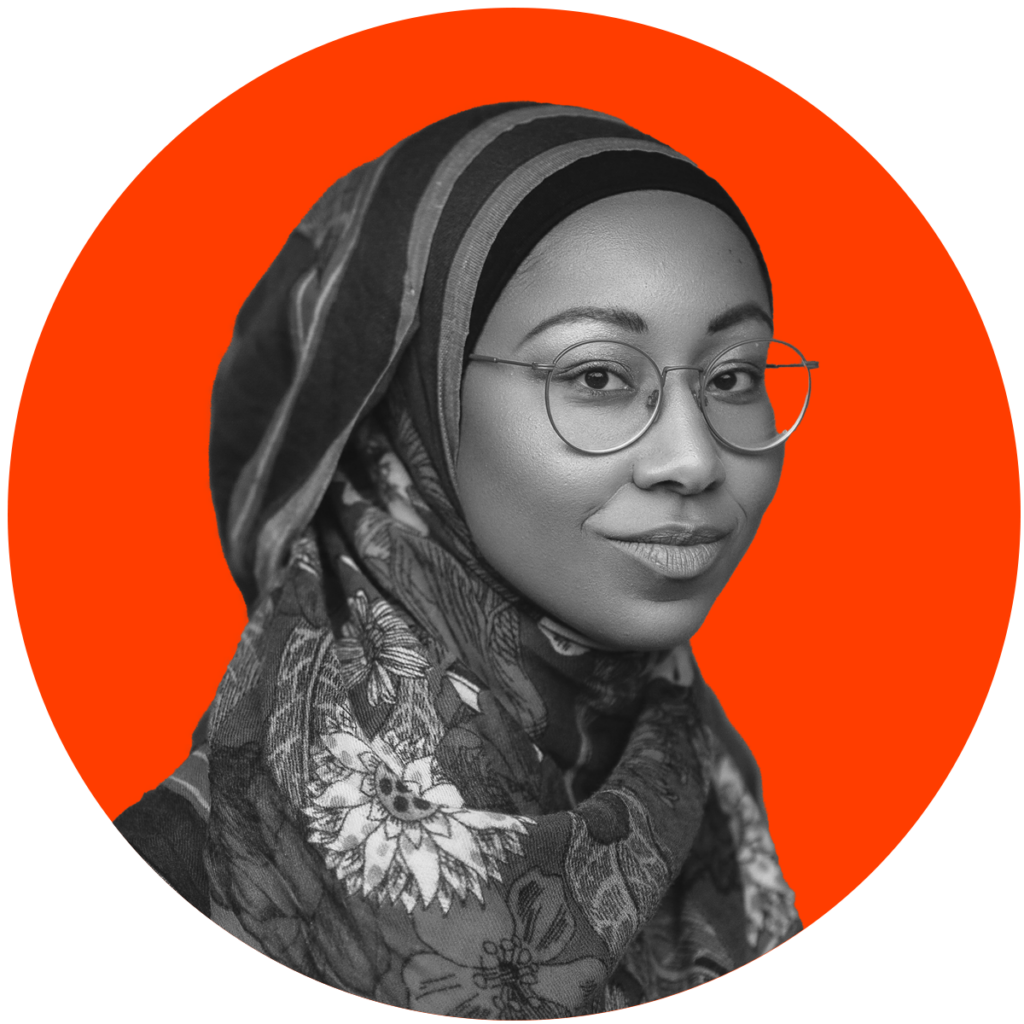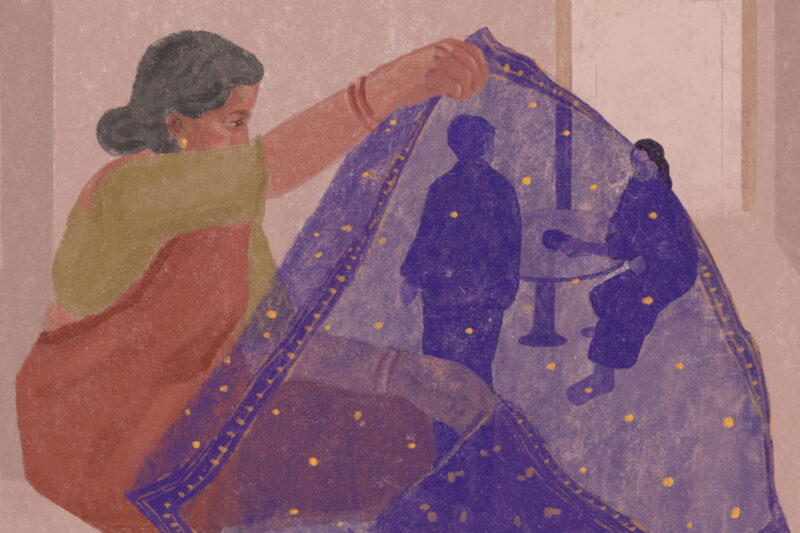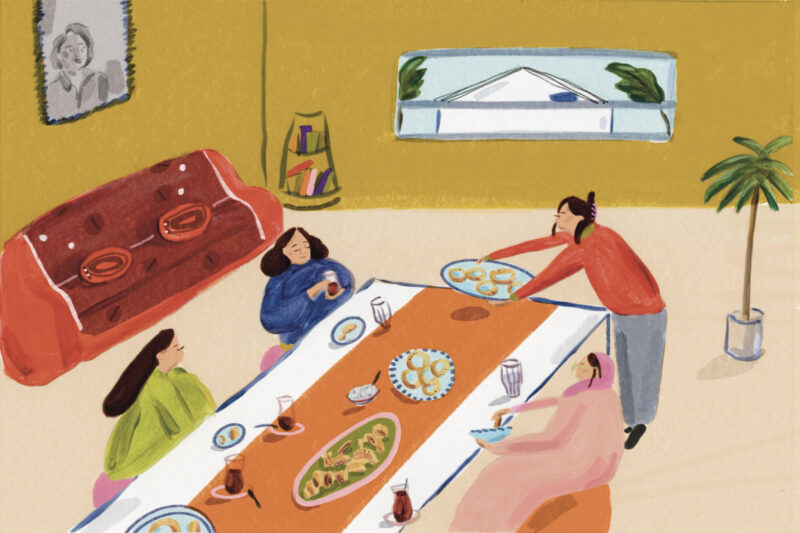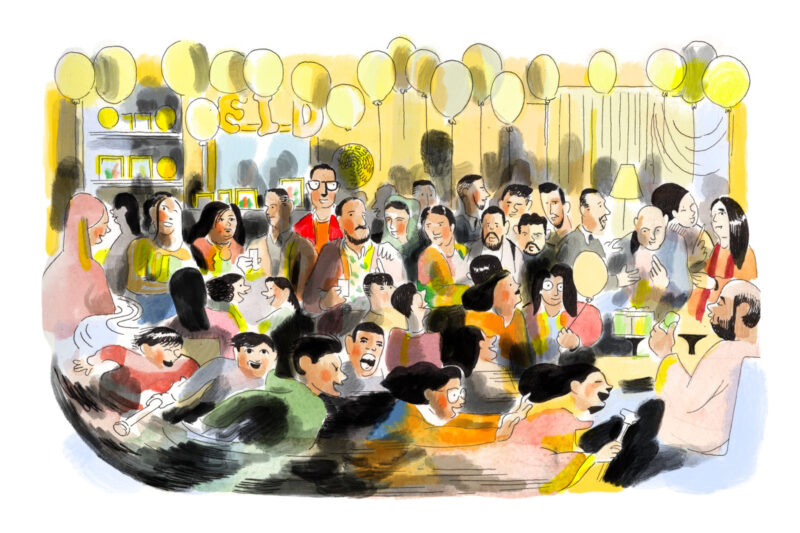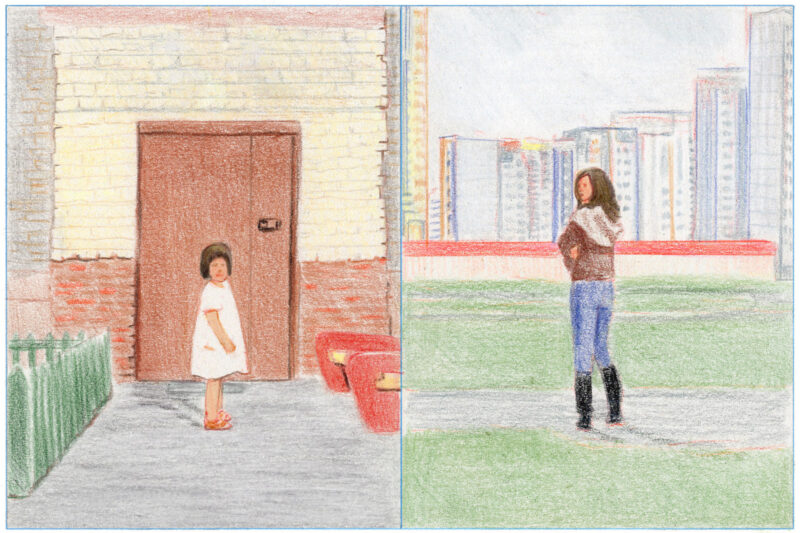When you have lived in many places, your chosen family becomes home
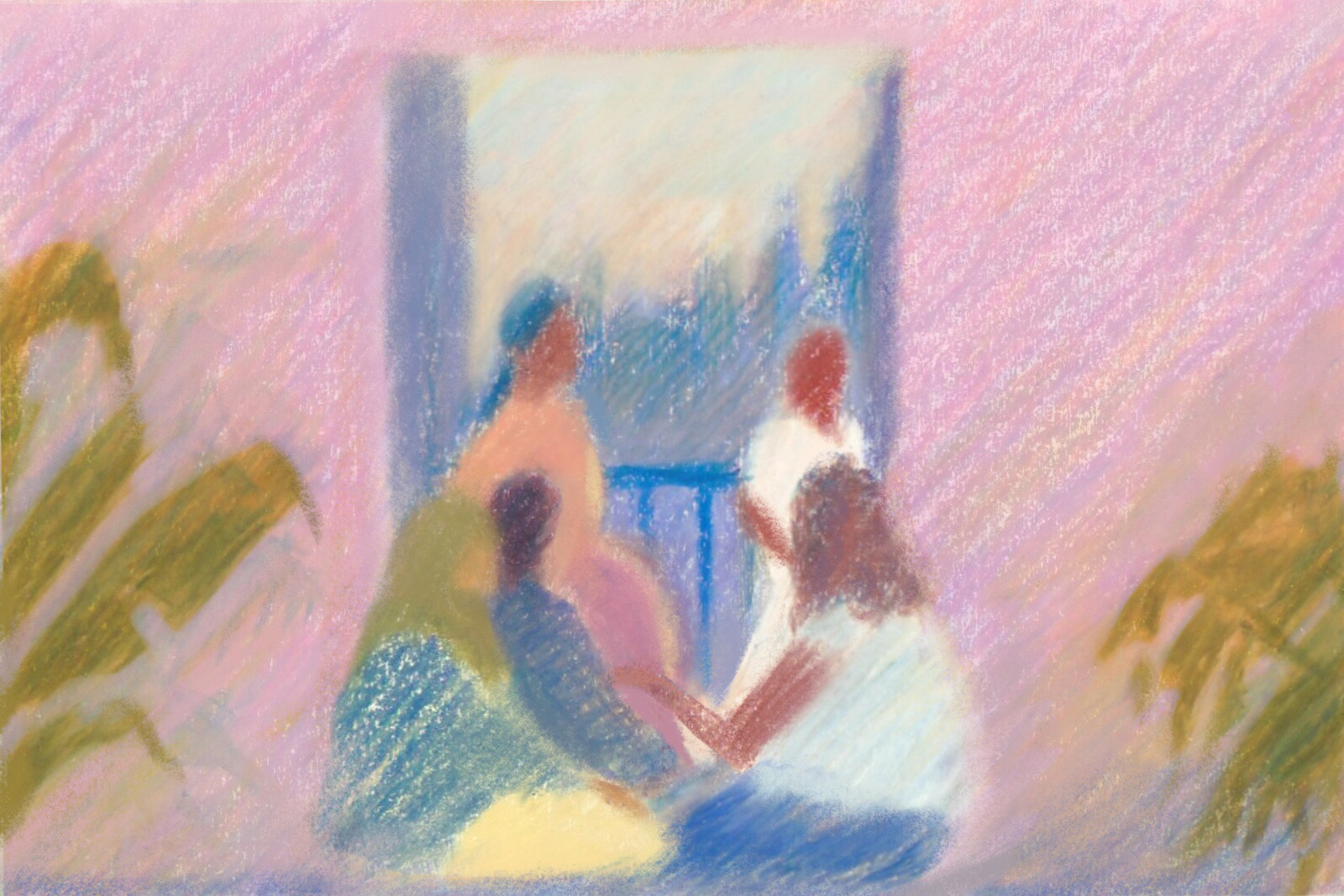
Friends have been there for me in ways my blood family wouldn’t even begin to know how
It was late September 2017 when I moved to London, the place I call my chosen home. The cold of the coming winter’s Beast from the East was already beginning to bite. Just as my parents had moved from Sudan to Brisbane 25 years earlier, I had landed in this foreign country with two suitcases and my savings. Unlike my parents, however, I did not come with a family unit. I came alone.
It was my fifth city in 10 years — moves made for work, for adventure, out of a desire for a new beginning. I’m often asked how I set up shop in different corners of the world and find belonging in one place or another. The logistics of travelling and moving are solvable, straightforward challenges. The internet is bursting with listicles and guides on “How to move to Lisbon” and “Ten things you should know before relocating to Paris”.
But there aren’t guides for how to make a new city feel like home. How to find family, community, a sense of belonging. In my experience, it’s a combination of the right environment, boundless enthusiasm and a little bit of luck. The hand of fate, you might say. But even divine intervention requires your intention.
At the beginning, you try to be friends with everyone. In those first months in the new city, I socialised at cryptocurrency meetups and WeWork events. I found a co-working space and sat at the cafe bar every day until the baristas knew my name and then my life story. I would meet up with people who DM’d me on Instagram and went on regular friendship dates, all in a subconscious effort to work out who I felt safe around, who is fun, who is fulfilling, who brings me joy.
It didn’t always go to plan. There were many friendships that started off with great promise, only to fall apart soon after. Not always for malicious reasons; sometimes it was simply a matter of time — you need a lot of time to build a solid foundation of familial friendship and not everyone has that to give. And then, being in a transitional city, as time went on, some of those friends started to leave. Of course, a friendship doesn’t end when a person moves city, but it does change.
The concept of chosen family is not new — queer communities and folks from marginalised backgrounds have extolled its virtues and challenges for a long time. The academic and social worker Dr Trevor G. Gates describes such family units as deliberately chosen “non-biological kinship bonds”. The focus is less legal recognition and more providing each other with the love, care and support that biological relations traditionally would.
The idea of kinship here is important. Being kin is different from being friends. Kin is relational, it implies a bond, a group connection. But even as I describe this connection, I feel myself bumping into the limitations of the English language. In Arabic, my first language, there are words beyond friend and family. From “zameel” (someone who you know like a colleague) to “qareen” (a soulmate you are inseparable from), language contains possibilities and creates realities.
In this way, we create reality and possibility from the term chosen family. Like its biological counterpart, it is not straightforward, not uncomplicated and requires intentionality, effort and investment. But I believe in the concept of chosen family as much as I do blood family. My chosen family has been there for me in ways my blood family wouldn’t even begin to know how. While this might be controversial in the Sudanese or even Muslim context, it is my truth, and one I proudly and willingly defend.
It is a relationship that involves planning our lives together and around each other, one, two or three years in advance. It is moving cities and countries together, working to buy property together, committing to raising each other’s children, if and when that time comes. A chosen family means pick-ups at the airport, trips to the hospital, help with bureaucracy and long phone calls at times of grief. It is showing up, holding on, and fighting for the friendship even when it feels easier to walk away.
For me, the hardest part has been learning to lean on another person, in that heavy, full-bodied way you only can when you’re not afraid they will leave. It’s scary and requires deep trust. In some ways, it’s a complete leap of faith — but what is family without faith?
I’ve learned that to build a family from scratch, you have to be vulnerable. You have to be willing to show the soft flesh of your underbelly and let your defences down. You have to let yourself be helped. There is no room for pride in love, whether it is platonic, romantic or familial.
Chosen family is work in a way blood family is not, precisely because you must choose them. You must continue to choose to care, to choose to turn up, to choose to be there for each other — even when you don’t feel like it or if it’s inconvenient. There is an intentionality that is essential to building community and foundation in a new place and without it things will fall apart. But working at something doesn’t mean it is less valuable. In my mind, it makes it all the more precious.
 Newsletter
Newsletter

